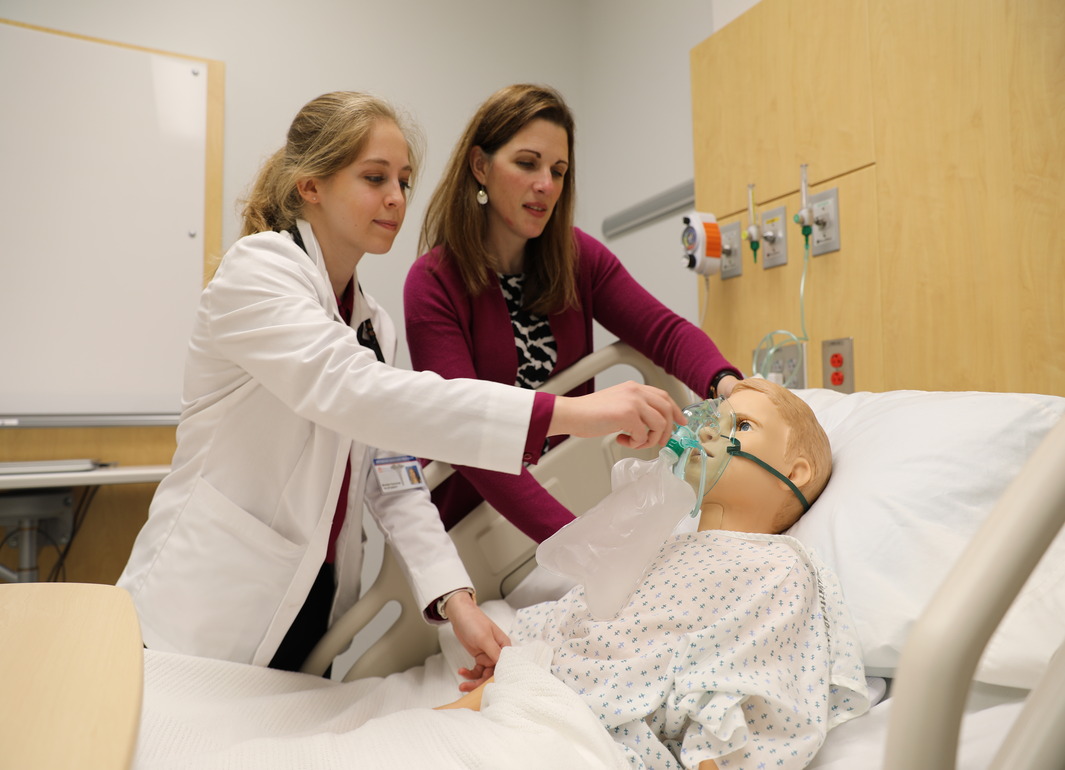Program Required Competencies
To successfully complete the DeSales University PA Program, students must demonstrate proficiency in the following competencies that encompass medical knowledge, interpersonal skills, clinical and technical skills, professional behaviors, and clinical reasoning and problem-solving abilities. These competencies were derived from the AAPA Competencies for the PA Profession, the PAEA Core Competencies for New Physician Graduates, and the mission and values of the DeSales University PA Program.
The competencies in the 5 domains will require students to utilize Current Practice Guidelines, Evidence-Based Medicine, and accepted Standards of Care as the basis of their decision-making and proficiency.
Knowledge for Practice
- Demonstrate critical thinking in clinical situations
- Discern among acute, chronic, and emergent disease states
- Recognize normal and abnormal health states
- Formulate a differential diagnosis
- Develop patient management plans
- Apply concepts of pathophysiology to patient care decisions
- Distinguish and select laboratory and diagnostic tests
- Interpret laboratory and diagnostic tests
- Formulate a treatment plan utilizing pharmacologic principles
- Recognize patient acuity for triage, evaluation, and treatment
- Initiate management and provide supportive care for acute life-threatening emergencies
- Select and perform technical skills and procedures
- Deliver evidence-based preventive care
Interpersonal and Communication Skills
- Demonstrate culturally sensitive care
- Demonstrate effective interpersonal communication
- Accurately and adequately document medical information
- Demonstrate adaptability and flexibility in patient care delivery
- Utilize person-centered patient education techniques
Person-centered Care
- Elicit a detailed, accurate, and comprehensive patient history
- Organize and present data from the history and physical examination
- Perform a physical examination
- Develop, implement, and monitor the effectiveness of patient management plans
- Counsel patients to participate in their care and shared decision-making
Interprofessional Collaboration
- Communicate effectively with colleagues and other professionals
- Recognize the indications for referrals and referral patterns
- Recognize the importance of working collaboratively as a member of an inter-professional, patient-centered healthcare team
Professionalism and Ethics
- Adhere to standards of care in the role of the PA in the health care team
- Demonstrate an understanding of ethical principles
- Demonstrate timely attendance and accomplishment of assigned tasks on time
- Demonstrate the ability to openly seek and positively respond to constructive feedback


